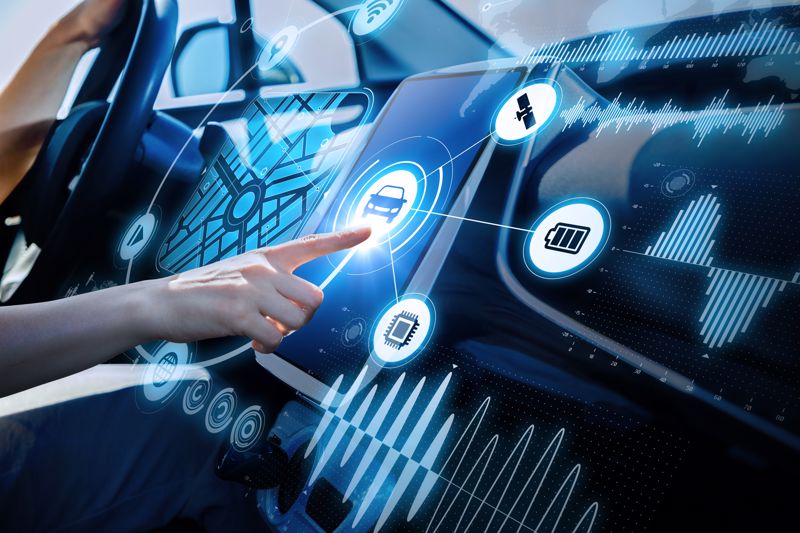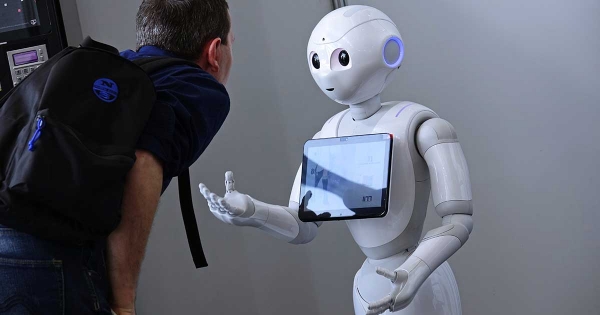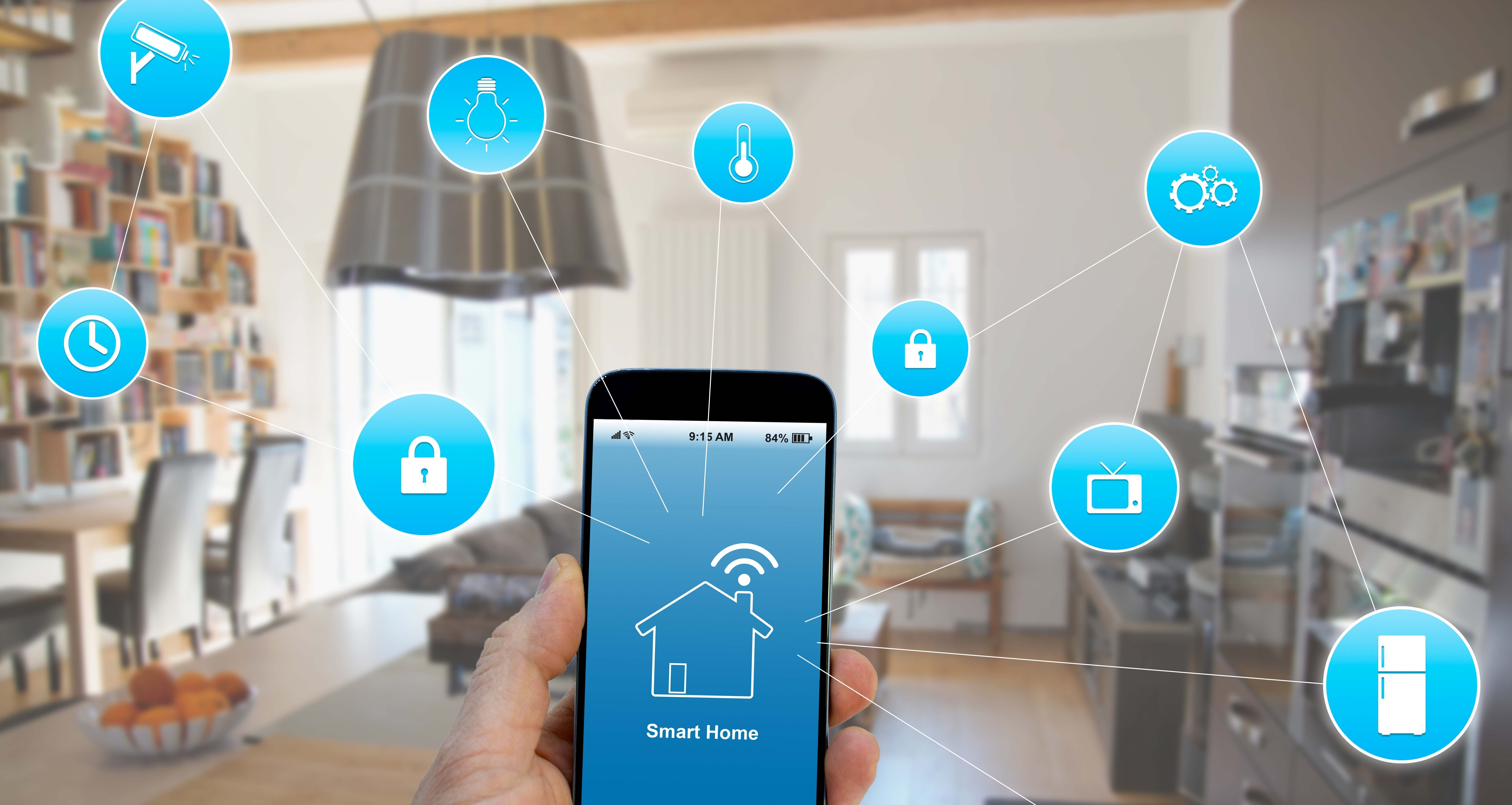Latest Innovations in Transportation Technology
The transportation sector is undergoing a revolution, driven by advances in technology that promise to make travel faster, safer, and more efficient. From electric vehicles to hyperloop systems, these cutting-edge developments are poised to transform how we move people and goods. This article explores some of the most exciting and innovative transportation technologies emerging today.

Electric Vehicles (EVs)
The Rise of Sustainable Mobility
Electric vehicles are no longer a futuristic concept but a present-day reality. Advances in battery technology have significantly extended the range of EVs, making them a viable alternative to traditional gasoline-powered cars. Companies like Tesla, Nissan, and Chevrolet are leading the charge with models that offer impressive performance and range. Additionally, the growing network of charging stations worldwide is reducing range anxiety, encouraging more consumers to make the switch to electric.
Autonomous Vehicles
Self-Driving Cars: The Future of Urban Mobility
Autonomous vehicles (AVs) are set to revolutionize urban transportation. Equipped with advanced sensors, machine learning algorithms, and artificial intelligence, these cars can navigate complex traffic environments with little to no human intervention. Companies such as Waymo, Uber, and Tesla are at the forefront of developing self-driving technology. The potential benefits include reduced traffic accidents, decreased congestion, and improved fuel efficiency.
Hyperloop Systems
High-Speed Ground Transportation
The hyperloop concept, popularized by Elon Musk, envisions a new mode of ultra-fast ground transportation. Hyperloop systems use magnetic levitation and low-pressure tubes to propel pods at speeds exceeding 700 miles per hour. This technology promises to drastically cut travel times between major cities. Companies like Virgin Hyperloop and Hyperloop Transportation Technologies are actively working on bringing this concept to fruition, with test tracks already in development.
Urban Air Mobility (UAM)
Flying Taxis: The Next Leap in Commuting
Urban Air Mobility represents a groundbreaking shift in how we think about urban commuting. Flying taxis, also known as vertical take-off and landing (VTOL) aircraft, are being developed to ease congestion on city roads. Companies such as Joby Aviation, Lilium, and Volocopter are pioneering this space, aiming to provide fast, efficient, and eco-friendly air travel within urban areas. These electric aircraft can take off and land vertically, making them ideal for densely populated cities.
Maglev Trains
The Pinnacle of Train Technology
Magnetic levitation (maglev) trains are heralding a new era of high-speed rail travel. By using powerful electromagnets, these trains levitate above the tracks, eliminating friction and allowing for smoother and faster journeys. Countries like Japan and China are leading the way with operational maglev lines, and other nations are exploring the potential of this technology to connect cities at unprecedented speeds.
Smart Infrastructure
Intelligent Roadways and Connected Transport
Smart infrastructure is essential for the future of transportation. Intelligent roadways equipped with sensors, cameras, and communication systems can interact with connected vehicles to improve traffic flow and safety. Innovations such as adaptive traffic signals, smart parking solutions, and vehicle-to-everything (V2X) communication are transforming urban mobility. These technologies not only enhance efficiency but also contribute to reducing emissions and energy consumption.
Electric Vertical Take-Off and Landing (eVTOL) Aircraft
Revolutionizing Regional Air Travel
Electric Vertical Take-Off and Landing (eVTOL) aircraft are set to revolutionize regional air travel. These aircraft combine the benefits of electric propulsion with the versatility of vertical take-off and landing capabilities. Companies like EHang and Vertical Aerospace are developing eVTOL aircraft that promise to make regional travel more efficient and environmentally friendly. The potential applications range from passenger transport to emergency medical services and cargo delivery.
Hydrogen Fuel Cell Vehicles
A Sustainable Alternative
Hydrogen fuel cell vehicles (FCVs) offer a promising alternative to traditional internal combustion engines and battery-electric vehicles. FCVs generate electricity through a chemical reaction between hydrogen and oxygen, producing only water vapor as a byproduct. Companies like Toyota, Hyundai, and Honda are investing in this technology, with models like the Toyota Mirai and Hyundai Nexo already on the market. Hydrogen infrastructure is also expanding, making this a viable option for the future.
Conclusion
The latest innovations in transportation technology are transforming the way we move. From electric and autonomous vehicles to hyperloop systems and flying taxis, these advancements promise to make travel faster, safer, and more sustainable. As these technologies continue to evolve, they will redefine the transportation landscape, offering new possibilities for connectivity and mobility. The future of transportation is not just about getting from point A to point B but doing so in a way that enhances our quality of life and preserves our planet.



